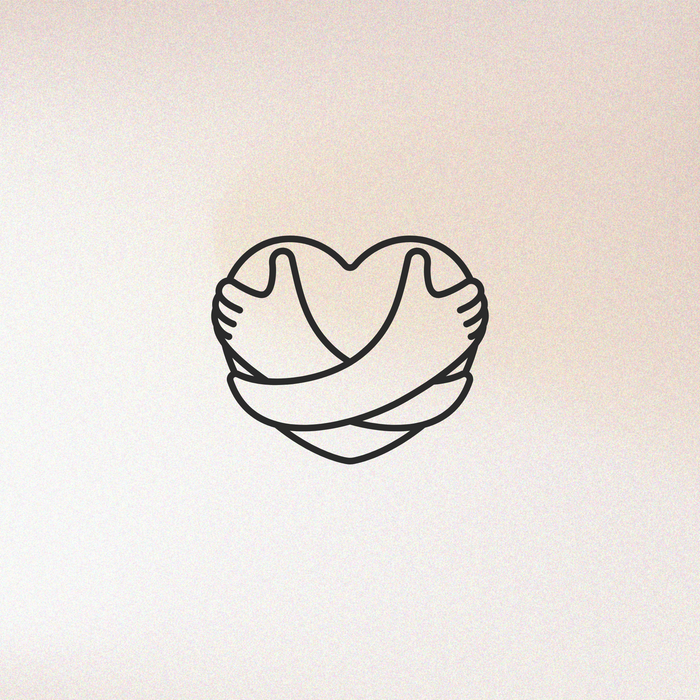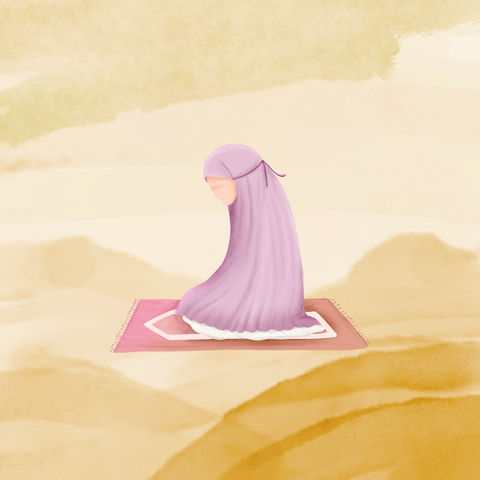5 Powerful Self-Care Tips from the Sunnah of Prophet Muhammad ﷺ

As Muslims, we often prioritise worship and responsibilities — but sometimes we forget that Islam also teaches us to look after ourselves. Self-care isn’t selfish. It’s Sunnah. Our beloved Prophet Muhammad ﷺ showed us through his own life how important it is to care for our physical, emotional, and spiritual wellbeing.
Here are five beautiful and practical self-care tips from the Sunnah you can start using today.
Why Self-Care Matters in Islam
Looking after your health — body, mind, and soul — is a form of gratitude to Allah. The Prophet ﷺ said, “Your body has a right over you” (Bukhari). When you take care of yourself, you're in a better position to worship, to be present for your loved ones, and to fulfil your responsibilities with energy and sincerity.
At My Salah Mat, our mission is to make worship easier, especially for children. But worship becomes even more meaningful when it’s supported by good habits — like sleep, hygiene, and mindfulness — just as our Prophet ﷺ taught us.
1. Sleep with Intention and Balance
The Prophet ﷺ was known to maintain a healthy sleep routine. He would sleep after Isha and wake up in the last third of the night to pray Tahajjud. This balance between rest and worship teaches us that quality sleep is vital for our wellbeing — not just for energy, but also to stay mentally and emotionally strong.
🛏 Sunnah tip: Sleep on your right side, make wudu before sleeping, and recite the recommended duas for restful sleep.

2. Eating in Moderation
The Prophet ﷺ said: “No human ever filled a vessel worse than the stomach...” (Tirmidhi). His way of eating was simple, mindful, and never excessive. He’d often eat whole, natural foods and encouraged us to fill our stomachs with one-third food, one-third water, and one-third air.
🍽 Sunnah tip: Slow down while eating, say Bismillah, and stop before you feel full. It’s better for digestion — and your soul.
3. Practice Regular Cleanliness
Cleanliness is half of faith. The Prophet ﷺ would always maintain high standards of hygiene — brushing his teeth with the miswak, keeping his nails trimmed, and using fragrance. It wasn’t just physical; it was also spiritual. Staying clean helps us feel confident, fresh, and more focused in our prayers.
🧼 Sunnah tip: Make ghusl regularly, use natural scents like musk or oud, and keep your appearance tidy.
4. Taking Time to Reflect and Disconnect
The Prophet ﷺ often spent time in solitude, especially before receiving revelation. Even after that, he would take moments to reflect, make dhikr, and connect with Allah. In a busy world full of distractions, following this example can help bring calm and clarity to your life.
🧘🏽 Sunnah tip: Disconnect from screens and reconnect with your heart — even a few quiet minutes of dhikr or journaling can do wonders.
5. Smile and Be Kind
The Prophet ﷺ was always smiling. He reminded us that even a smile is charity. Being kind to yourself and others boosts emotional wellbeing and builds stronger connections with those around you.
😊 Sunnah tip: Start your day with gratitude, smile at your family, and treat yourself with gentleness — you are a soul in progress.
Final Thoughts
Islamic self-care isn’t about bubble baths and spa days (though those are nice too!) — it’s about nurturing yourself through the Sunnah. By adopting the Prophet’s ﷺ habits, we honour his legacy and bring more barakah into our daily lives.
Whether it’s through better sleep, mindfulness, or even improving our Salah routines with tools like My Salah Mat, every small step counts. Click here to find out more about My Salah Mat.
✨ Pick one Sunnah self-care habit this week — your body and your soul will thank you.
















 Liquid error (snippets/@AlternatingContentX line 127): Could not find asset snippets/CustomTexts-.liquid
Liquid error (snippets/@AlternatingContentX line 127): Could not find asset snippets/CustomTexts-.liquid